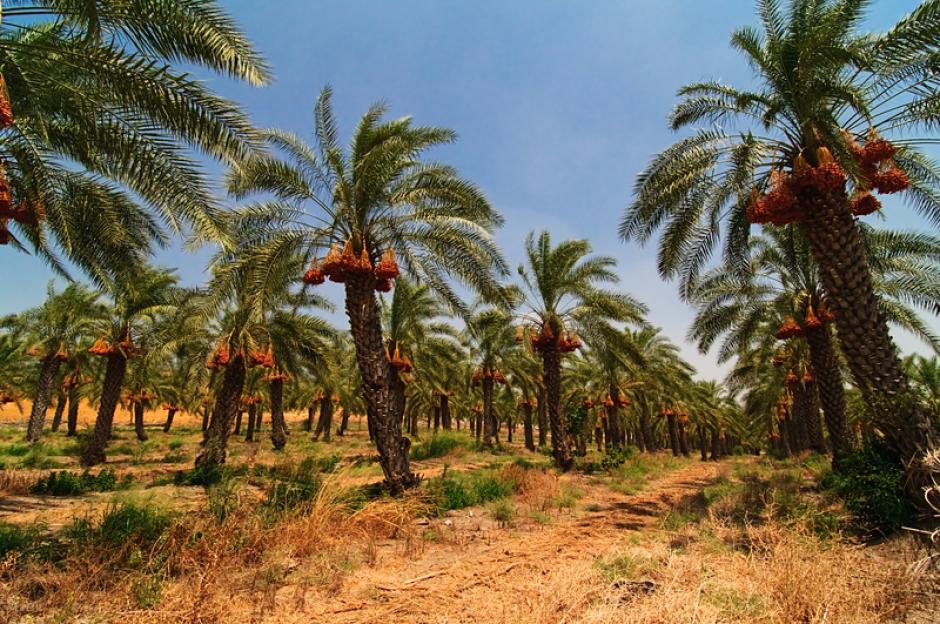The Centre for the Promotion of Private Enterprise, CPPE, has outlined both the risks and possible benefits the escalating conflict between Israel and Iran in the Middle East may present for the Nigerian economy.
The chief executive officer of CPPE, Dr Muda Yusuf, disclosed this in a statement on Sunday.
His remarks follow a over the past 48 hours. On Thursday, Israel struck an Iranian nuclear site, prompting a retaliatory response from Iran. The two countries have continued in armed confrontation, with significant casualties reportedly recorded on both sides.
According to CPPE, the immediate consequence of the conflict is a amid concerns over supply disruptions.
Reacting to the crisis, CPPE said the Israel-Iran war had compounded the strain already imposed on the global economy by the ongoing Russia-Ukraine conflict.
The think tank noted that the implications for Nigeria were dual in natureâwhile there may be a revenue windfall due to higher oil prices, there would also be a corresponding rise in energy costs.
According to CPPE: “A major driver of energy prices in Nigeria is the global crude oil price. With the outbreak of the Israeli-Iranian war, crude oil prices had surged to $75 per barrel from $65 per barrel a week before. This is a 15% jump within days. This has obvious implications for petroleum product prices globally. Economies around the world [Nigeria inclusive] would witness a surge in the price of petrol, diesel, jet fuel, gas, and related products in the near term. This would have far-reaching implications for many economies and businesses.
“Energy cost is a major factor in the Nigerian inflation equation. It impacts production cost, logistics cost, transportation costs, and the cost of power generation. This presents an inflationary scenario. These additional costs would be passed on to final consumers, depending on the degree of consumer resistance.
“There is also a global inflation dimension. Energy prices have global inflationary implications. Therefore, there is also an expectation of imported inflation in the unfolding geopolitical scenario.”;







